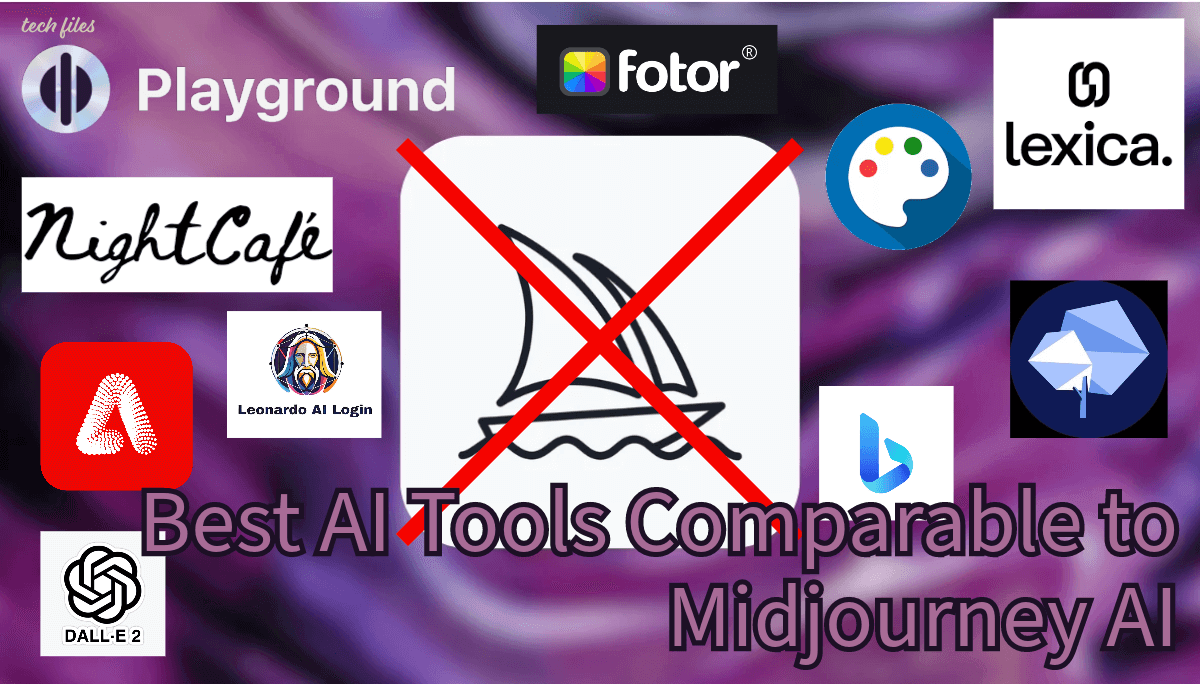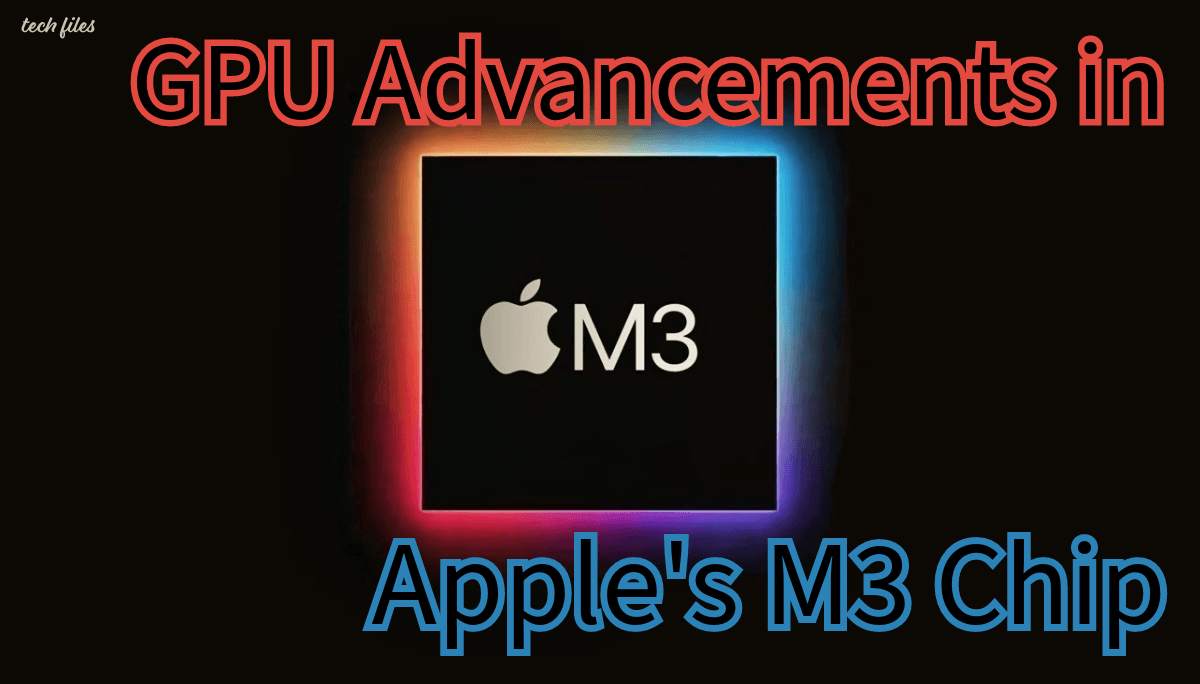Advancements in Data Security: The Impact of Blockchain Technology

Data security is a paramount concern in today’s digital age. With the increasing frequency of data breaches and hacking incidents, individuals and organizations are constantly at risk of having their sensitive information compromised. However, advancements in technology have brought about a game-changer in the field of data security - blockchain technology.
Understanding Blockchain Technology
Blockchain technology is a decentralized and immutable system that ensures the security and integrity of data. Unlike traditional data storage systems, which are vulnerable to unauthorized access and manipulation, blockchain stores data across multiple nodes, making it nearly impossible for any malicious actor to tamper with the information.
The decentralized nature of blockchain enhances data security by eliminating the reliance on a single point of failure. In a traditional data storage system, a breach in the central server can lead to the compromise of all the data stored within it. However, with blockchain, the data is distributed across multiple nodes, ensuring that even if one node is compromised, the integrity of the entire system remains intact.
Transparency and Accountability in Data Security
In addition to enhancing data security, blockchain technology also provides transparency and accountability. The distributed ledger system tracks every transaction and change in real-time, creating an immutable audit trail. This transparency allows individuals to verify the authenticity and integrity of data without having to trust centralized authorities or intermediaries.
By ensuring transparency and accountability, blockchain technology brings a new level of data security to various industries and sectors. For example, in the finance industry, blockchain can provide a transparent and auditable record of financial transactions, reducing the risk of fraud and ensuring compliance with regulations. Similarly, in the healthcare industry, blockchain can securely store and share patient data, protecting sensitive information from unauthorized access.
Revolutionizing Digital Transactions
One of the key applications of blockchain technology is in revolutionizing digital transactions. With its decentralized and immutable nature, blockchain offers a transparent and tamper-proof ledger that can transform the way financial transactions are conducted.
Traditionally, financial transactions require intermediaries such as banks or payment processors to facilitate and verify the transactions. These intermediaries add costs and introduce potential vulnerabilities to the process. However, with blockchain, direct peer-to-peer transactions can take place without the need for intermediaries, reducing costs and increasing efficiency.
Blockchain technology ensures the security and trustworthiness of financial systems by encrypting each transaction and linking it to previous transactions, creating an unalterable chain of data. This eliminates the possibility of fraud or manipulation, making blockchain a robust and secure platform for digital transactions.
As blockchain continues to evolve and mature, its potential to revolutionize financial systems and shape the future of digital transactions remains promising. With improved security, transparency, and efficiency, blockchain is poised to transform the way we conduct financial transactions.
Enhancing Supply Chain Management with Blockchain
Another area where blockchain technology has a significant impact is in supply chain management. By leveraging the decentralized and immutable nature of blockchain, companies can ensure transparency and accountability throughout the supply chain process.
Each transaction and movement of goods can be recorded on the blockchain, creating an immutable trail that can be accessed by all authorized participants. This transparent approach eliminates the risks of fraud, counterfeit products, and unethical practices, as every stakeholder can verify the authenticity and integrity of the supply chain.
Furthermore, blockchain enables the creation of smart contracts, which automate and enforce the terms and conditions of agreements between parties involved in the supply chain. These smart contracts can include predefined milestones, quality standards, and payment terms. By leveraging blockchain technology, companies can streamline supply chain operations, reduce manual errors, and enhance efficiency.
The trust and transparency provided by blockchain facilitate better collaboration between suppliers, manufacturers, distributors, and consumers, leading to improved product quality and customer satisfaction. With blockchain, supply chain management becomes more efficient, secure, and transparent.
Empowering Decentralization with Blockchain
Blockchain technology has the potential to empower individuals and remove the reliance on centralized authorities, creating a level playing field for all participants. By its very nature, blockchain operates as a distributed ledger, eliminating the need for intermediaries and enabling peer-to-peer transactions.
One area where blockchain has the potential to democratize systems is in financial services. Traditional financial institutions have long held a monopoly on access to financial products and services, making it difficult for millions of unbanked or underbanked individuals to participate in the global economy. Blockchain technology offers an inclusive and accessible platform for financial transactions, enabling individuals to securely and directly transact with each other without the need for a middleman.
Additionally, blockchain’s transparency and immutability ensure that transactions are trustless and verifiable, further enhancing the democratization of financial systems. With blockchain, individuals can have more control over their financial transactions and participate in the global economy on equal footing.
Realizing the Potential of Smart Contracts
Smart contracts are one of the revolutionary applications of blockchain technology. These digital contracts are self-executing and self-enforcing, ensuring that all parties involved adhere to the agreed-upon terms and conditions. By leveraging the decentralized nature of blockchain, smart contracts eliminate the need for intermediaries and significantly reduce the risk of fraud or manipulation.
Smart contracts can be used in various sectors, such as real estate, supply chain management, and insurance. In real estate transactions, for example, smart contracts can streamline the process of buying and selling properties by automating tasks such as verifying ownership, transferring titles, and executing payments. By eliminating the reliance on middlemen, smart contracts enhance the efficiency, speed, and transparency of these transactions, ultimately reducing costs for all parties involved.
Unleashing the Power of IoT with Blockchain
The Internet of Things (IoT) has become an integral part of our daily lives, connecting various devices and allowing them to communicate and share data. However, with the increasing number of connected devices comes the need for enhanced security and trust. This is where blockchain technology comes into play.
By utilizing the decentralized and immutable nature of blockchain, IoT devices can securely exchange data without the need for intermediaries or centralized authorities. This synergy between blockchain and IoT enables enhanced security, privacy, and transparency, opening up a world of possibilities for the future of connected devices.
Traditional centralized systems are susceptible to hacking and data manipulation, putting sensitive IoT data at risk. With blockchain, data can be stored in a decentralized and distributed manner, making it virtually impossible to tamper with. This ensures the integrity and authenticity of the data and enhances trust between various IoT devices, allowing for secure and reliable communication.
Moreover, blockchain’s transparency enables easy auditing, ensuring that all transactions and data exchanges are recorded and easily traceable, providing a higher level of accountability in IoT networks. This combination of security and transparency unleashes the true power of IoT, enabling innovative applications in areas such as healthcare, energy management, and transportation.
Redefining Intellectual Property Rights with Blockchain
Blockchain technology has the potential to redefine the way intellectual property rights are protected in the digital realm. In today’s digital age, protecting digital assets has become increasingly complex, with the ease of unauthorized duplication.
By utilizing blockchain technology, creators can establish an immutable and tamper-proof record of their works, ensuring proof of ownership and authenticity. Every transaction and modification made to the digital asset is recorded on the blockchain, creating an auditable trail that can be accessed by all parties involved. This transparency eliminates the need for intermediaries and reduces the risk of fraudulent claims or disputes over ownership.
Moreover, the decentralized nature of blockchain ensures that no single entity has control over intellectual property rights, leveling the playing field for creators and providing equal opportunities for protection. Blockchain technology revolutionizes the way intellectual property is protected and valued in the digital era, empowering creators and safeguarding their digital assets.
Fostering Transparent and Efficient Philanthropy with Blockchain
Blockchain technology has emerged as a powerful tool in fostering social impact and revolutionizing the field of philanthropy. By leveraging the inherent characteristics of transparency and immutability, blockchain provides a secure platform for transparent and efficient transactions in the philanthropic sector.
Traditional donation systems often face issues of fraud, mismanagement, and lack of trust. Blockchain offers a decentralized solution that ensures accountability and empowers donors to have full visibility into where their funds are being utilized. The digitized nature of blockchain transactions eliminates the need for intermediaries, reducing administrative costs and ensuring that a larger portion of the donated funds reach the intended beneficiaries.
In addition to enhancing transparency and accountability, blockchain also facilitates faster and more efficient philanthropic processes. Donations can be tracked in real-time, enabling donors and organizations to monitor the progress of projects and ensure that funds are being utilized effectively. Smart contracts, enabled by blockchain technology, automate the distribution of funds based on predefined conditions, reducing the administrative burden and ensuring that funds are allocated according to the intended purpose.
Moreover, the decentralized nature of blockchain eliminates geographical boundaries, enabling global collaboration and collective impact in philanthropic endeavors. Blockchain has the potential to revolutionize the way philanthropy is conducted, fostering transparency, efficiency, and greater social impact.
Disrupting Traditional Industries with Blockchain
The disruptive potential of blockchain technology extends beyond the realm of cryptocurrency. With its decentralized and transparent nature, blockchain is revolutionizing traditional industries, promising increased efficiency, security, and accountability.
One industry that stands to benefit greatly from blockchain is supply chain management. Traditional supply chain systems often lack transparency, making it challenging to track and verify the movement and origin of goods. Blockchain technology provides a solution by creating an immutable and accessible record of every transaction and movement along the supply chain. This ensures that all stakeholders have real-time visibility into the entire process, reducing the risk of fraud, counterfeiting, and theft. By streamlining the supply chain with smart contracts, blockchain can automate and enhance trustworthiness in agreements, bringing unprecedented efficiency to the industry.
Another industry that can be disrupted by blockchain is the intellectual property sector. With the increasing digitization of creative works, protecting and managing intellectual property rights has become increasingly complex. Blockchain allows for the creation of tamper-proof digital records of intellectual property, ensuring its provenance and ownership. This technology empowers artists, musicians, writers, and innovators to securely share and protect their creations, eliminating the need for intermediaries and reducing the risk of unauthorized use or infringement. By providing a transparent and immutable system, blockchain has the potential to revolutionize the way intellectual property is protected and valued in the digital era.
Overcoming Challenges and Scalability Concerns
While blockchain technology has revolutionized data security and digital transactions, it faces its own set of challenges and scalability concerns. One key challenge is scalability. As the number of transactions on the blockchain increases, the strain on the network also increases, leading to slower transaction times and higher fees. To overcome this challenge, developers are actively working on implementing solutions such as sharding and off-chain protocols to improve blockchain scalability.
Another challenge is the need for widespread adoption. Despite the proven potential of blockchain in various industries, there is still a lack of understanding and acceptance among the general public. To overcome this hurdle, companies and organizations need to focus on educating and creating awareness about the benefits and applications of blockchain technology. Investing in user-friendly and intuitive interfaces that make it easier for individuals and businesses to interact with the blockchain is also crucial. Only by addressing these challenges and scalability concerns can blockchain technology truly reach its full potential and become a mainstream solution in various sectors.
Conclusion
Blockchain technology is a game-changer in the realm of data security. Its decentralized and immutable nature ensures the security and integrity of data, mitigating the risks of unauthorized access and manipulation. With its transparency and accountability, blockchain enhances trust in various industries and sectors, revolutionizing the way we protect and share information in the digital era. Additionally, blockchain technology is reshaping digital transactions, supply chain management, intellectual property rights, and philanthropy. It has the potential to empower individuals, democratize systems, and disrupt traditional industries. While blockchain technology faces challenges and scalability concerns, its potential for widespread adoption and impact on various sectors is undeniable. As the technology continues to evolve, blockchain will shape the future of data security and digital transactions, revolutionizing how we conduct business in the digital age.













Sharing is caring!